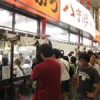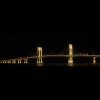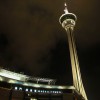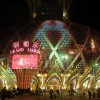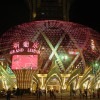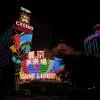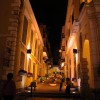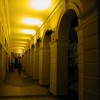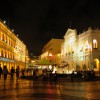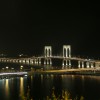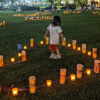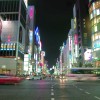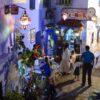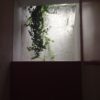About Books
Interviewer: Leon Hitsu



Hitsu:Today I`d like to talk about books. First, I`d like to introduce myself through a selection of books I have brought with me.
Mende:I see. Let`s see what genera of books you like.
Hitsu:I am originally from the school of education, so my first book is about education. Next a guide for writing a master`s thesis, and lastly a book about graphics. By the way, my master`s thesis is titled “Language-less Communication,” in other words, pictograms. Lastly, lately, I have been reading a lot of books related to architecture.
Mende:You are quite a reader of various topics!
Hitsu:Thank you. I think it really suits me. My goal is not becoming a famous designer, but rather a professor, like you.
Being in this place at this time might not be important for becoming a teacher, but I really want to become a college professor or researcher in the future… Or maybe work at a critic. Lately, I have got the idea to publish an encyclopedia of lighting design terminology in three languages, English, Japanese, and China. Or maybe a book explaining my own theories; something to communicate information and educate the public. This is what I am interested in.
Mende:Sounds good, but very challenging. You are not a specialist in terminology. How do you plan to put that type of book together?
Hitsu: I don`t think it will be that difficult. I have looked, but there are not many books like this out there. I think just by working, research, and through practical application on the job, information for the book will come together. I really think it will be a beneficial book.
Mende:I wonder if there are people that will buy this type of book!? Incidentally, will you start by writing in Japanese or Chinese? Do you take rough notes in Chinese, am I right?
Hitsu:Of course. My writing speed in Japanese doesn`t compare to Chinese, but I will do it in both. By the way, you have published several books. What was the first motivator for you?
Mende:My very first book, published by Tokyo Shoseki, was an independent book titled “Are you Enjoying Light?” You can find at any bookstore. That was 27 years ago! The publisher at that time read several of my essays about different topics and suggested I write a book about lighting. I wrote short essays about my work and encounters with light, lighting, and Akari. *(Akari is a Japanese expression for light.) I was surprised to receive a lump sum of \1,000,000 in book royalties.
Hitsu:You really seem to enjoy writing, otherwise, you probably wouldn`t start to write a book on such a whim.
Mende:I guess, somewhere inside of me I must think it is important to put down in words or characters what one is thinking. However, writing a manuscript is very difficult. Writing a manuscript and having it published can also be very embarrassing.
Hitsu:Really?! You have published so many books, this is how you finally feel?
Mende:There are many books published by designers and architects, but not very many by lighting designers. In order for me to write a book, I have to be a critic of lighting design. To date, most reviews of lighting design are not very significant. Maybe an “Oh, that is pretty.” from some people, but I think a critique is more than just saying a design is “pretty” or cool-looking.” The value of the design based on innovativeness, social nature, and role all need to be addressed.
Hitsu:そYes, that is probably true. I never thought about how writing might invite critical reviews.
Mende:Lighting design needs to be critiqued by many different people or else it will not grow as part of our culture. For this, there is words, characters, and books.
Hitsu:I see. Lighting design critique is the key. I, personally, want to become an outlet in order to boost the status of lighting design culturally. I really want lighting design to grow culturally.





